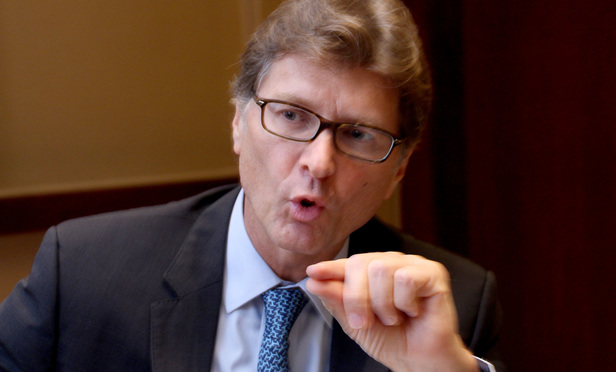MEXICO CITY (Reuters) – Marijuana should be legalized in two of Mexico’s main tourist hot spots, Cancun and Los Cabos, in order to reduce criminal violence, Mexico’s minister for tourism said on Thursday Jan. 25.
Minister Enrique de la Madrid said Mexico could follow the example of the United States and legalize marijuana in areas with support, urging Quintana Roo, where Cancun lies, and Baja California Sur, the home of Los Cabos, to move ahead with it.
“It’s absurd that we’re not taking this step as a country,” de la Madrid told reporters at a conference in Mexico City.
“Even if there’s work to do on the whole of the country, I’d like to see that it might be done in Baja California and Quintana Roo,” he added, describing the states as victims of a poor drug law.
Baja California and Quintana Roo have been two of the states hardest hit by a jump in gang violence in the country over the past year, helping to prompt verbal swipes from U.S. President Donald Trump about how dangerous it is in Mexico.
De la Madrid later said in a Twitter post that his comments reflected his personal views.

Enrique de la Madrid, Mexico’s Minister of Tourism. (PHOTO: dailybusinessreview.com)
President Enrique Pena Nieto has said the United States and Mexico should not pursue diverging policies on marijuana. In 2016, he proposed a bill to allow Mexicans to carry up to an ounce of marijuana, but the measure stalled in Congress.
Carlos Mendoza, governor of Baja California Sur, told local media that if the idea were adopted, it should be implemented in various areas popular with tourists.
“It seems foolish and illogical that we’re here fighting with a strategy that costs lives in Mexico and magically, crossing the border, marijuana becomes legal,” he said.
California this month became the sixth U.S. state to legalize the drug despite a federal ban.
Despite the trend toward legalization north of the border, cartels still make millions of dollars from smuggling marijuana into the United States. Mexico legalized marijuana use for medical and scientific needs in June.
Additional reporting by Lizbeth Diaz; Editing by Dave Graham and Cynthia Osterman for REUTERS

